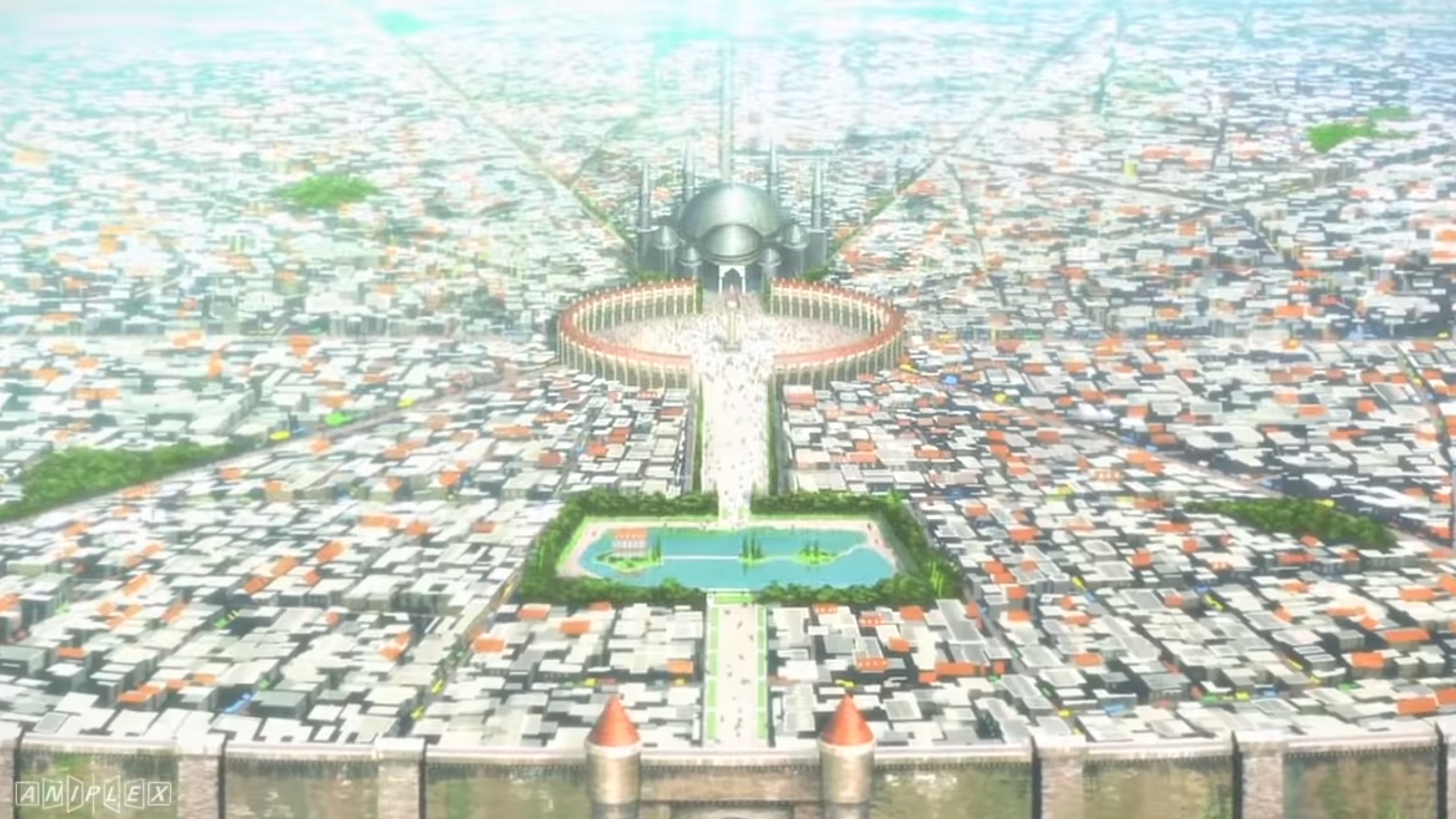Sword Art Online (SAO), a Japanese light novel and anime series, has become a cultural phenomenon, presenting a gripping narrative where virtual reality (VR) gaming intertwines with life-and-death stakes.
According to a recent report, Sword Art Online, a creation of Reki Kawahara, portrays a virtual world where players are trapped and face death in-game and in reality. This scenario, while fictional, offers a chilling view of the potential risks associated with the metaverse’s growth. In a world where virtual reality continues to evolve rapidly, SAO presents a cautionary tale of technology’s power and potential misuse.
The series’ central premise involves players using a VR headset, NerveGear, to access a metaverse platform called WorldSeed. The game turns into a nightmare as players realize that death in the game means death in reality.
Why Sword Art Online (SAO) could end the metaverse https://t.co/yyDtEBy0Id
— VR Game News (@VRGameNews_) December 11, 2023
While such a scenario remains firmly in the realm of fiction, advancements in VR technology, like the Oculus Rift, and projects reportedly led by tech visionaries like Elon Musk, who is exploring interfacing computers with human consciousness, hint at a future where the lines between reality and virtual worlds could blur.
The ethical and legal conundrum
SAO’s storyline, while thrilling, raises significant legal and ethical concerns. Linking real-life consequences to virtual actions poses various privacy, data security, and health and safety issues. In the series, the removal or disconnection of the VR headset leads to over 200 deaths, a narrative that, if replicated in reality, would lead to serious legal repercussions, including charges of first-degree murder.
The current state of the metaverse and VR technology is far from the world depicted in SAO. While VR headsets and platforms are becoming increasingly sophisticated, they are primarily used for gaming, social interactions, and professional applications without the dire consequences depicted in SAO.
Surprisingly, the allure of Sword Art Online’s perilous universe has captivated its fanbase. Discussions on online platforms like Reddit reveal a startling willingness among some enthusiasts to immerse themselves fully in the game’s high-stakes environment. A particular fan’s comment encapsulates this sentiment:
“I’m all in for the full experience, even if it includes the risk of death. That just adds to the thrill.”
SAO’s impact on Isekai and anime culture
Beyond its potential implications for VR and the metaverse, SAO has played a role in popularizing the isekai subgenre in anime. Despite its flaws, the series is credited with bringing a new dimension to the concept of escapism in anime. This is evidenced by its direct influence on numerous isekai series that followed, which adopted SAO’s template of a character transported to a new world with the freedom to explore and create their story.
Sword Art Online’s story progression, from Aincrad to Alfheim Online, Gun Gale Online, and finally to Underworld in the Alicization Arc, showcases the series’ ability to reinvent and deepen its narrative. Each new arc brought a fresh perspective and new challenges, moving away from the initial setting while building upon the established themes. This evolution kept the series engaging and relevant, reflecting its adaptability and resilience as a narrative.
Sword Art Online serves as a multifaceted lens through which the industry can view the future of VR and the metaverse. Its portrayal of a world where virtual experiences have real-life consequences sparks important conversations about technology’s trajectory and its ethical, legal, and societal implications. While far from the realities depicted in SAO, the series encourages contemplating the potential extremes of VR technology and the responsibilities of advancing into uncharted digital territories.










 and then
and then